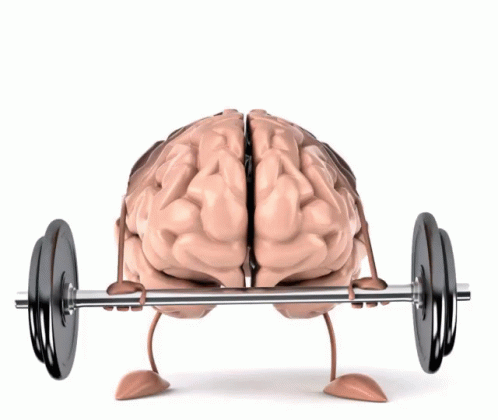
There are many effective tips for improving your memory. For example, you can use mnemonic devices to help you remember things. You can also exercise and maintain a healthy diet. Another effective tip is to write a story. Writing something down helps you keep a piece of information in your memory.
Table of Contents
Mnemonic devices
Using mnemonic devices to improve memory is an effective way to retain a large amount of information. Mnemonic devices work by grouping similar items into easy-to-remember categories. Examples of such devices include the color words VIBGYOR or the letter names ROY G BIV. They are also useful as learning aids.
Mnemonic devices come in different forms, including acrostic devices, which are sentences that contain grammatical information and can be customized to suit the individual user. Generally, acrostic mnemonic devices are based on words or a phrase, and they can be used to improve memory.
Mnemonic devices can also be used for recalling factual information. They help the learner create a mental image of the information they are trying to remember. The most common mnemonic devices are acronyms, nonsense words, and rhymes. Some of these methods are very effective, and can be used to remember information regardless of its order.
There are many ways to implement mnemonic devices, and some are computerized. Computers can even generate mnemonic devices based on the user’s interests. One method involves creating an acrostic mnemonic device with a list of the items the user wishes to remember.
Active learning strategies are another way to improve memory. Try to study in groups with other students. This way, you can quiz other students or connect with other students who are working on similar subjects. In addition, it helps to learn new information in the morning when your brain is fresh and alert.
Healthy diet
Eating a healthy diet can improve the brain’s overall health and memory. By consuming plenty of antioxidants and folate, your diet can boost your memory. It also helps reduce inflammation and improve blood circulation to the brain. Try new diets or switch out certain foods in your meals. You will soon notice a difference.
A balanced diet should contain healthy fats and natural sugars. Limit the amount of saturated and refined fat and alcohol. Exercise is important for your brain’s health. It improves blood flow to the brain and increases the number of brain cells in the hippocampus. Walking can be a great way to get the most out of exercise.
A healthy diet can also help to prevent memory loss. Blueberries are particularly rich in flavonoids, which help prevent oxidative damage to the brain. Studies have found that women who ate at least two servings of blueberries a week delayed their memory decline by up to two and a half years.
Other foods that are high in omega-3 fatty acids can help preserve memory. Omega-3 fatty acids, which are found in fatty fish, have been linked to improved cognitive performance in people who follow the Mediterranean diet. Likewise, a diet rich in nuts may help prevent Alzheimer’s disease.
Exercise
There are two kinds of exercises for memory: acute and chronic. Acute exercises provide insights into the neural changes that occur during memory processes. This type of exercise is best for studying transient changes in neuroplasticity and time-locked interactions, while chronic exercises are better for long-term adaptations. However, acute exercises are not the only way to improve memory.
Exercise improves memory by improving brain cells and stimulating growth of brain cells. It does this by increasing levels of brain-derived neurotrophic factor (BDNF) and synaptogenesis, two factors that mediate learning and memory. The higher levels of BDNF, the better memory and learning processes.
Acute and chronic exercise both improve memory performance, but the effect may vary from person to person and even between individuals. Many factors may influence the exercise-memory effect, including the type of exercise and the design of the study. In addition, most studies have focused on younger college-aged adults, while few have focused on older adults.
Studies have found that acute exercise can enhance working memory and short-term memory. However, this effect is more noticeable in younger adults than in older adults. Some studies have also found that chronic exercise has a positive effect on episodic and semantic memory.
Writing a story
Creating and reciting stories is a simple way to increase your memory. You can memorize the whole plot or just the gist of the tale, depending on your preference. Reciting stories will also help you make presentations and speeches. You can even use them to persuade friends to read a book or watch a movie. Moreover, knowing the plot of a story will help you be a better writer.
Often, people have problems with their memory because they have too many ideas and may not be able to remember every detail. To solve this problem, writers can make use of techniques that improve their memory by creating stories. Creating a story with vivid images will help you remember key details. You can also make use of mnemonic devices, which are simply short sentences that help you remember things. Another effective tip is visualization. Visualizing a familiar place or road can help you recall specific things.
